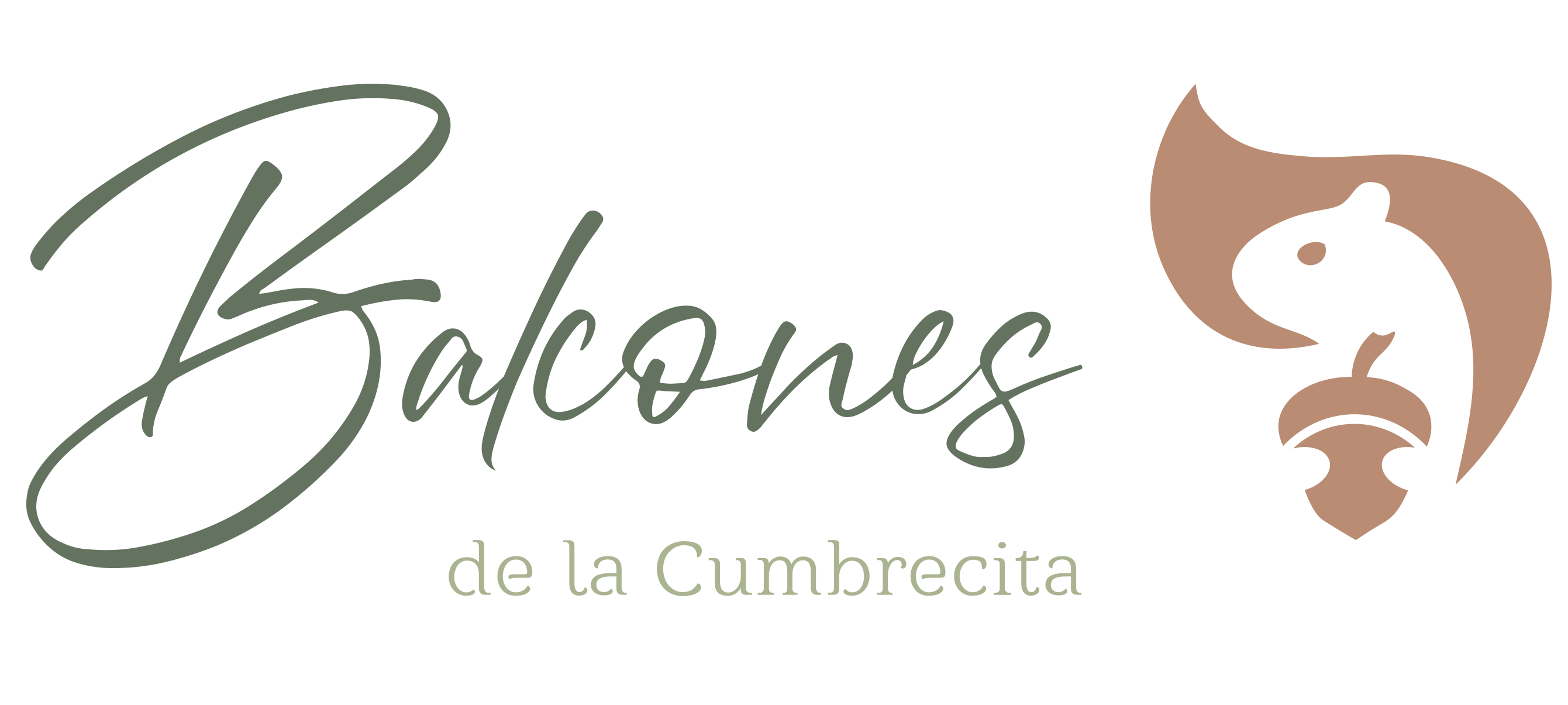Many reputable treatment programs try to include family and friends in the recovery process as much as possible, as having the support of loved ones outside of treatment can be invaluable for the recovering alcoholic. Although your participation in the process can be vitally important, you also need to take care of yourself. Programs such as Al-Anon, which is a support group for friends and family members of alcoholics, may be beneficial as you help support your loved one on the road to recovery.
Will I Relapse After Treatment?
You’re likely to start by seeing your primary health care provider. If your provider suspects that you have a problem with alcohol, you may be referred to a mental health provider. Critical to the researchers’ hypothesis, only 10% of respondents indicated that they initially used the psychedelic as a way to reduce their alcohol consumption.
- The idea that altered forms of consciousness such as mania or alcohol can enhance creativity is a popular belief.
- To learn more about alcohol treatment options and search for quality care near you, please visit the NIAAA Alcohol Treatment Navigator.
- After withdrawal, doctors recommend that patients continue treatment to address the underlying alcohol use disorder and help them maintain abstinence from or achieve a reduction in alcohol consumption.
- Long-term use and abuse of alcohol can lead to even more challenges, including alcoholism, as the person is unable to control alcohol use despite negative consequences.
- With these and other treatments and therapies, alcoholism can be managed throughout a person’s life, decreasing the chances of relapse and improving the person’s quality of life.
Can Psychedelic Experiences Cure Alcohol Addiction?
The objective of these therapies is to reduce or eliminate a person’s desire for alcohol completely. Therapists who make use of these will employ various stimuli or images. They use these in such a way as to condition a negative response toward the characteristics of the alcohol (ex. its colour, smell, etc.). This involves going beyond the consumption of alcohol as a reinforcement mechanism and has abstinence as its goal. It tries to get the couple to engage in satisfying activities together. Certain events or emotional states may trigger a relapse in recovering alcoholics.
How do I take care of myself?
Treatment settings teach patients to cope with the realities of an alcohol-infused world. Just like any other illness, it is ultimately the responsibility of the individual to learn how to manage it. However, loved ones often want to help, such as by showing solidarity or hosting is alcoholism curable a gathering that feels safe for their loved one. Whenever possible, it’s best to have an open, respectful, and direct conversation with the individual in recovery, and ask how they feel about alcohol being present. Doing this in advance will allow time for both people to process the discussion and set clear expectations. Loved ones are an integral part of the addiction recovery process, but they need to balance their own needs in addition to providing support.
His theories have changed the field, stimulated additional research, and led to new understanding and treatments for opioid use disorders, cocaine use disorders, overeating, smoking, and depression. Millions of people attend Alcoholics Anonymous (AA) meetings, and millions have successfully stopped drinking with the help of AA. AA meetings are widely available around the U.S., are free, and the program provides role models and sponsors to help others around the clock. However, not everyone likes AA, and there is considerable variability among meetings.
The test is free, confidential, and no personal information is needed https://ecosoberhouse.com/ to receive the result. Explore Mayo Clinic studies testing new treatments, interventions and tests as a means to prevent, detect, treat or manage this condition. Researchers in 2024 made unique and important discoveries that promise to help individuals suffering from addiction and their families. As an ex-daily drinker turned psychotherapist, I’ve learned that you can succeed in Dry January—even if you slip. Find a treatment center using the Psychology Today Therapy Directory. Alcoholism resources and more information on the topic of high-functioning alcoholics are available here.
- In addition, elements considered integral to previous definitions of recovery that involve various aspects of psychosocial functioning and well-being are not included in this definition.
- Many reputable treatment programs try to include family and friends in the recovery process as much as possible, as having the support of loved ones outside of treatment can be invaluable for the recovering alcoholic.
- Since some alcohol withdrawal symptoms can be life-threatening, it’s important to speak with your healthcare provider before you stop drinking.
Treatments for alcoholism that aim to achieve normal drinking levels
Though there may be no easy “cure” for alcoholism, or alcohol use disorder, Alcoholics Anonymous the condition is treatable. Ongoing treatment and continued recovery efforts can be helpful in successfully managing alcoholism and preventing relapse in the long term. Read on to learn more about the disease of alcoholism and how it is treated. The newest treatment for AUD, acamprosate (Campral) was developed in France. The FDA approved the drug for abstinence maintenance in detoxified alcoholics 21 years ago, in 2004.
Alcohol use disorder affects millions of people, but it often goes undetected. Substance use frequently co-occurs with mental illness, but some research suggests that psychiatrists only treat addiction for around half of the patients who have both mental illness and substance use problems. The later stages of addiction can yield physical changes, but behavioral signs can help detect it early on. People with an addiction often develop rigid routines that revolve around uninterrupted access to alcohol and other drugs; they may be irritated by schedule changes and blame their frustration on others.
Want to stop harmful drinking? AA versus SMART Recovery
If the drinking world is conceptualized as a spectrum, normal social drinking is one on end (a few drinks per month, almost always in a social context) and alcohol use disorder is on the other end. But there’s a large gray area in the middle, in which drinking can cause problems for someone’s health, job, or loved ones, but not to a clinical extent. An example would be a father who falls asleep on the couch after having several drinks three or four days a week, missing out on time with his kids and wife.
The most severe form of alcohol withdrawal is known as alcohol withdrawal delirium or delirium tremens, often referred to as the DTs. Symptoms (which are typically experienced in addition to others caused by alcohol withdrawal) include delirium (confusion), high blood pressure, and agitation. With the use of appropriate medications and behavioral therapies, people can recover from AUD. This program aims to teach the partner who isn’t an alcoholic some skills for dealing with an alcoholic spouse. Some of these are teaching them how to reduce the possibility of physical abuse, encourage sobriety, and encourage their partner to seek treatment.

